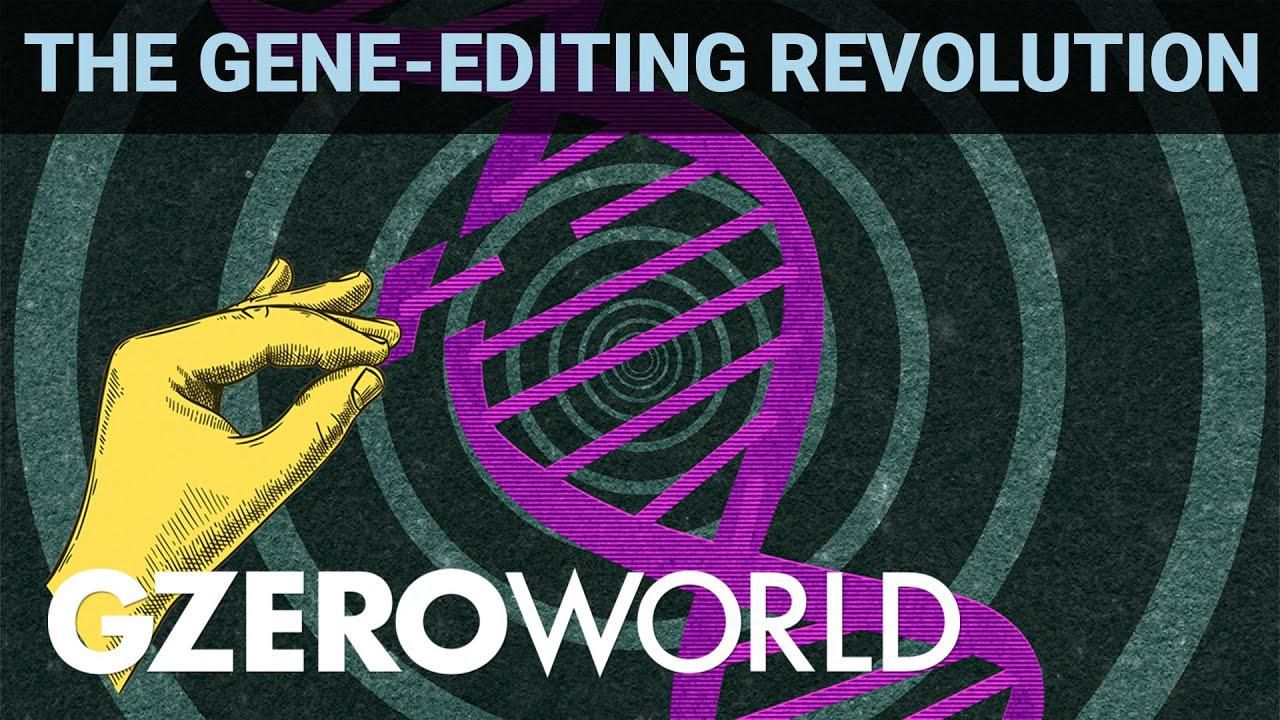GZERO World Clips
CRISPR and the gene-editing revolution

Ian Bremmer Explains: CRISPR and the Gene-Editing Revolution | GZERO World

CRISPR stands for Clustered Regularly Interspaced Short Palindromic Repeats. You don't have to remember that, but you should know that this new gene editing technique can literally change life as we know it. Through CRISPR, scientists are now able to precisely edit DNA sequences in living things. They hope to be able to cure genetic diseases like sickle cell anemia and hereditary blindness. CRISPR may even be used to treat cancer and HIV. There's a darker side to CRISPR. What about engineering soldiers who can fight without fear or pain? Many argue that using CRISPR technology—for good or bad—amounts to playing God and that its use should be halted altogether. Others, like the World Health Organization, see enormous potential for the science but want to put limits on its application to prevent humanity from bringing out our own worst traits. Ian Bremmer explains what we know and don't know about the brave new world of gene editing.
Watch the episode: CRISPR gene editing and the human race
Ian Bremmer sits down with former US Ambassador to NATO Ivo Daalder to unpack a historic shift in the transatlantic alliance: Europe is preparing to defend itself without its American safety net.
Think you know what's going on around the world? Here's your chance to prove it.
Argentina, Armenia, Belarus, Egypt, Indonesia, Jordan, Pakistan, Paraguay, Vietnam – to name only a few.
A poster featuring Andrew Mountbatten-Windsor, formerly known as Prince Andrew, is installed on a sign leading to the parking area of the Sandringham Estate in Wolferton, as pressure builds on him to give evidence after the U.S. Justice Department released more records tied to the late financier and convicted sex offender Jeffrey Epstein, in Norfolk, Britain, February 5, 2026.
British police arrested former Prince Andrew Mountbatten-Windsor today over allegations that in 2010, when he was a UK trade envoy, he shared confidential government documents with convicted sex offender Jeffrey Epstein.